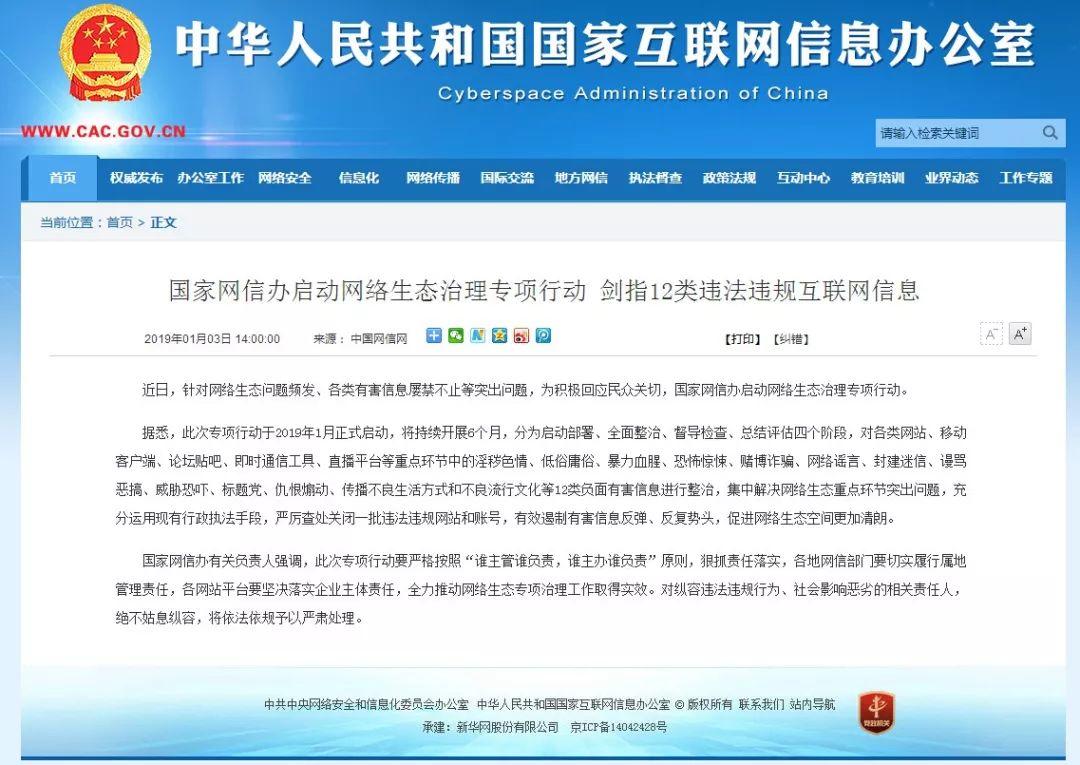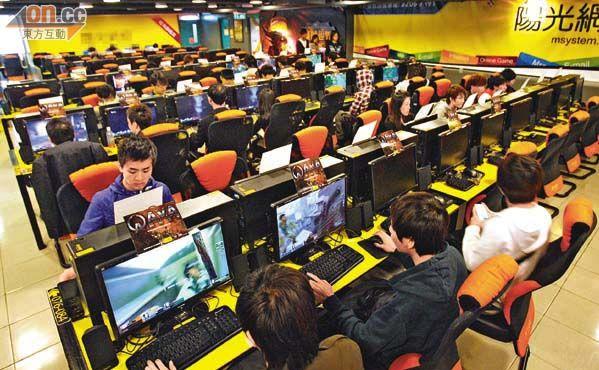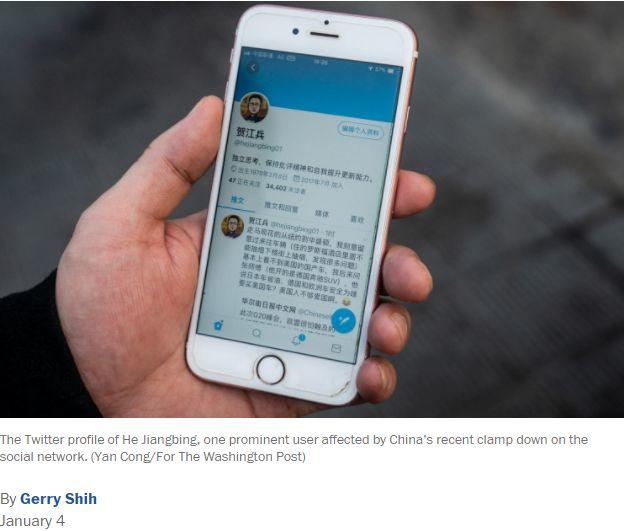Starting this month, China’s cyber watchdog is kicking off a six-month internet crackdown. These platforms are being scrutinized for what’s deemed negative and harmful content. 
-
Websites,
-
Online forums,
-
Instant messengers,
-
Live streaming,
-
Etc.

© Image | CAC.GOV.CN
According to a release by the CAC, the administrative group is attempting to clean up the country’s ‘cyber ecology’ by rooting out 12 types of content, which are listed below:
-
Obscene pornography,
-
Vulgar content,
-
Bloody violence,
-
Terror and horror content,
-
Gambling,
-
Defrauding,
-
Internet rumors,
-
Superstitious thought,
-
Calling names and raising mischief,
-
Threatening or menacing behaviour,
-
Sensational headline writing,
-
Instigating hatred.
The operation got off to a roaring start, with big names Baidu and Sohu first on the hit list. Representatives from both companies were summoned for talks with Beijing’s cyberspace regulators last week and scolded for spreading vulgar content. Several of their news feeds were suspended for a week.
To put that into context, imagine if Google was asked to pull down parts of its News section. That’s basically what happened here.
None of this is new of course. And if 2018 was anything to go by, this year could see more clampdown on web content providers.

© Image | Weibo
Late last year, more than 9,800 accounts on WeChat and Weibo were shuttered for causing “chaos” on the internet. Another 110,000 social media accounts were axed during the winter holiday season.
Authorities left a warning: For the first time ever, they said strict controls on social media accounts will become the new norm.

© Image | GOOGLE
The focus appears to have turned towards individuals more often than before — and content platforms have taken to self-censorship to avoid provoking the government.
In a high profile case in October, an internet celebrity saw her live streaming account suspended after she broadcasted herself singing the national anthem in what was deemed a disrespectful way. She was later detained by police for five days.

© Image | Weibo
More recently, LinkedIn temporarily blocked the profile page of a human rights activist in China, citing “requirements of the Chinese government”. The company later said the the profile was taken down in error and restored it.
Meanwhile some Chinese Twitter users told the Washington Post that state security agents showed up at their doorsteps, demanding that they delete tweets related to politically sensitive topics. Some said their accounts were hacked.


© Image | WashingtonPost
But there are more ways to get yourself in trouble besides saying the wrong things.
Virtual private network (VPN) services, which enable Chinese internet surfers to circumvent China’s great firewall to reach censored websites, are drawing increasing scrutiny. Individuals selling VPN software have been convicted.
And users aren’t immune either: Lately in a rare case, a man was fined US$164 for accessing foreign websites using a VPN.


